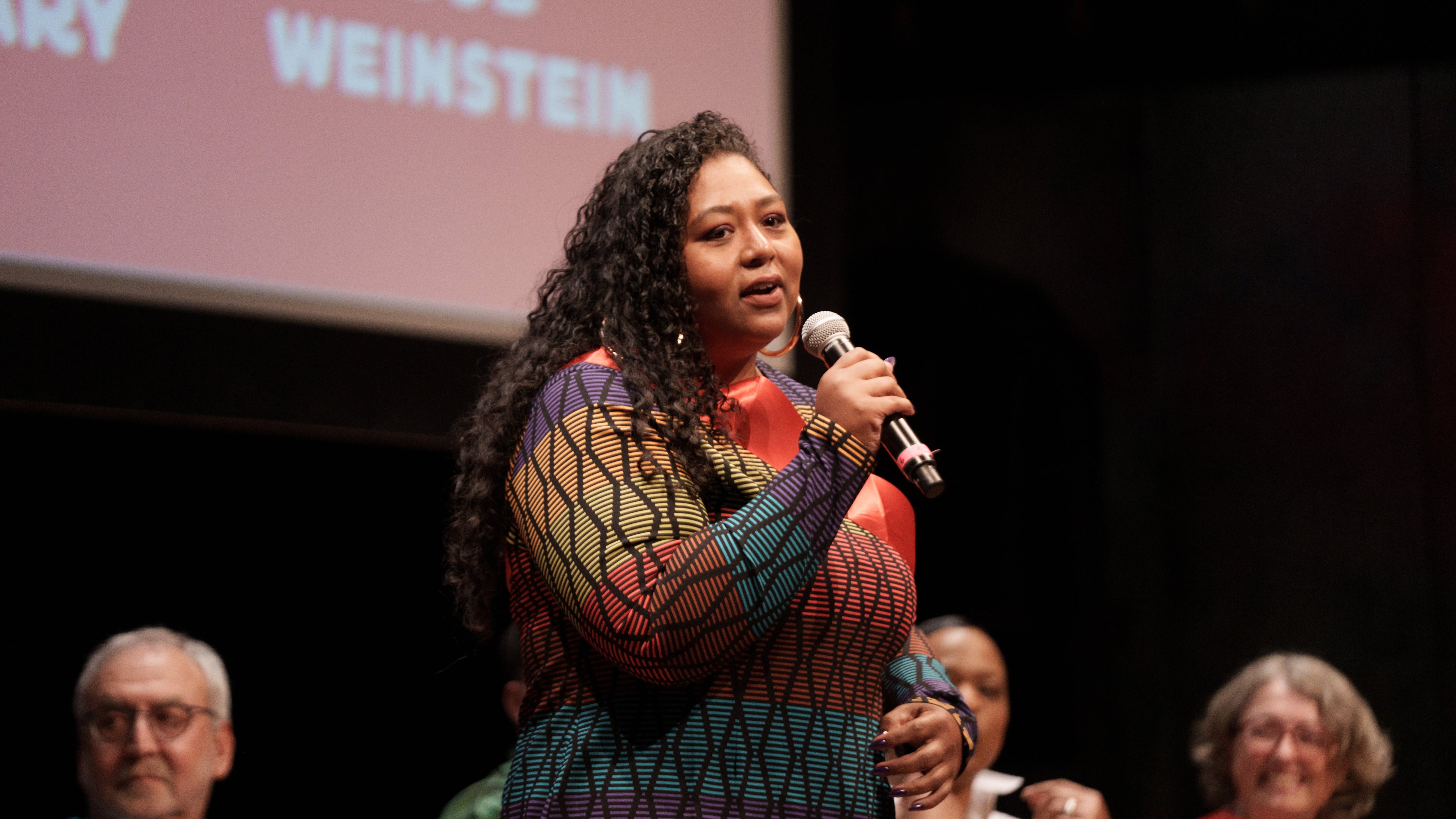The November election is over, but the next campaign is underway: the race for Portland City Council president.
As WW first reported last week, at least six councilors-elect on the new, 12-member Portland City Council, which takes office Jan. 2, are eyeing or at least mulling the position of council president. The council will publicly elect that president by a majority vote at its first meeting. The council will elect a vice president, too, who must hail from a different district than the president. Votes for president and vice president will occur every year at the first public meeting of the council.
Council president is a pivotal job, both symbolically and in practice. The president determines which policy ideas brought forward by councilors are referred to committees for workshopping into potential legislation. The president runs the meetings from the dais, assigns councilors to committees, and votes last on any ordinance. In many respects, the president takes on a role Portlanders are used to seeing the mayor perform.
So it’s a coveted job and, to get it, the next president will need to prove they can build a coalition. In the old days at City Hall (like, this year), a mayor was judged by whether they could “count to three”—that is, find two more votes to pass an ordinance. To get elected, the next council president will need to count to seven, finding six colleagues to back their leadership bid.
Here are the three councilors-elect certain to vie for president, and three others said to be considering the position.
THE BIG THREE
Candace Avalos
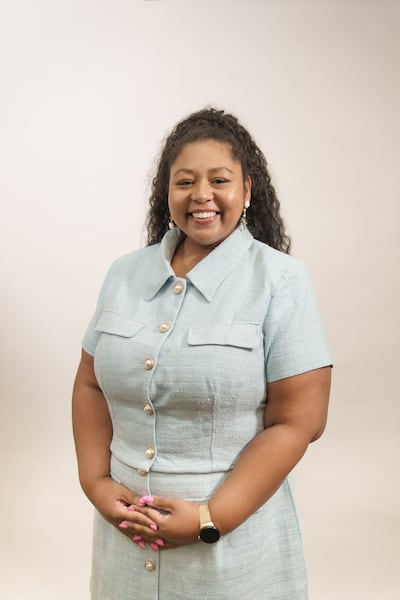
Why she might win: Avalos hails from District 1, which covers East Portland, historically the most disenfranchised neighborhoods in the city. The charter reform measure that created the new form of government was primarily meant to increase representation for this part of the city, so having the council president from that district could be appealing. She can also stake a claim as standard-bearer for the council’s progressives, who had a great election night.
Why she might not: Avalos is to the left of more than half of the councilors-elect on issues like policing, something that may turn off her colleagues.
Olivia Clark
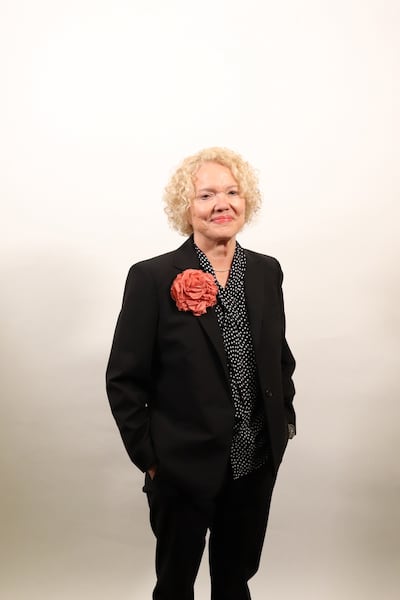
Why she might win: Clark spent years working for various Oregon elected officials, including Gov. John Kitzhaber. She then spent 20 years in leadership at TriMet, a mammoth government agency. Clark is seen as a no-nonsense, straightforward fixer.
Why she might not: Clark is a favorite of the Portland Metro Chamber and other business leaders, which could alienate more progressive councilors. She’s also a white woman from the westside. District 4 is the city’s most affluent district and typically had the ear of city leaders—so a new council might want to make a symbolic break.
Steve Novick
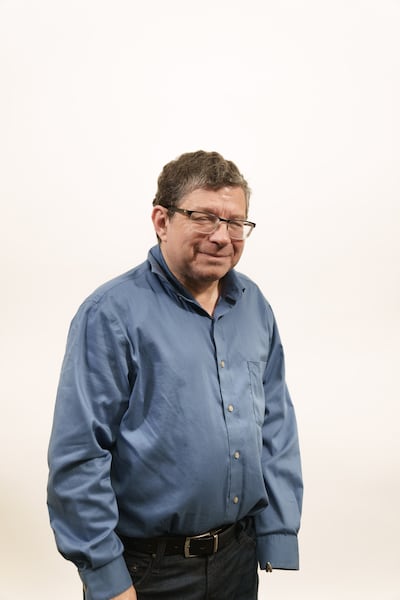
Why he might win: Novick straddles the line between the more left-leaning and moderate members of the future council. He’s also well liked among the councilors-elect and has served on the Portland City Council before, so understands the run of show.
Why he might not: Novick is known for his big ideas, not his management skills. The role of council president will be that of an organizer and rule-follower, neither of which Novick is known for.
SLEEPERS
Elana Pirtle-Guiney
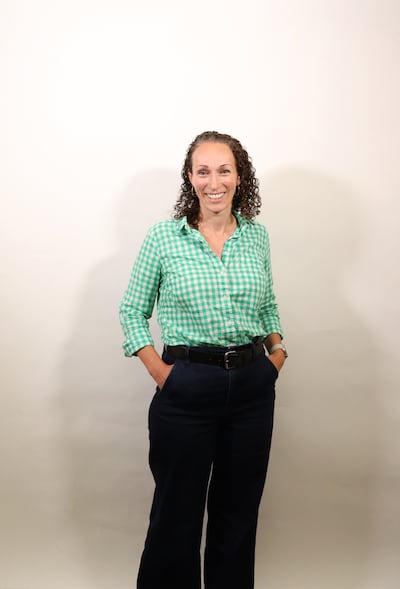
Why she might win: Pirtle-Guiney is well liked by most of the councilors-elect and straddles the line between progressive and moderate. Plus, she’s served in a number of leadership roles for AFL-CIO, the largest coalition of unions in the state.
Why she might not: Pirtle-Guiney is a deeply political operator, having both worked for a number of politicians and for labor unions. Her status as an institutional person may work against her bid for president, especially with younger, more idealistic councilors.
Dan Ryan
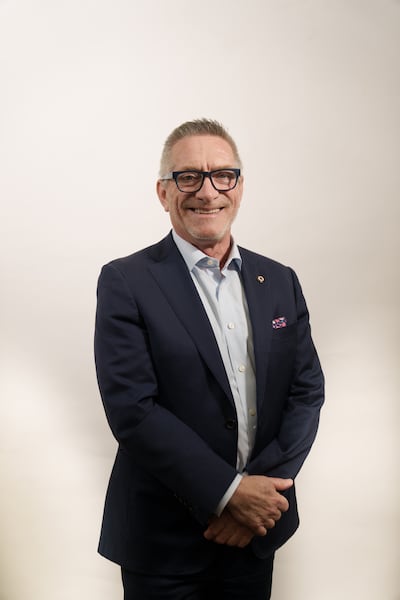
Why he might win: Ryan is the only member of the current City Council who will continue to serve on the new one, lending some continuity to a new and inexperienced body.
Why he might not: Ryan is known among his current colleagues for holding grudges and having a sharp tongue, which may not bode well for a role that’s supposed to keep open lines of communication with every councilor.
Loretta Smith
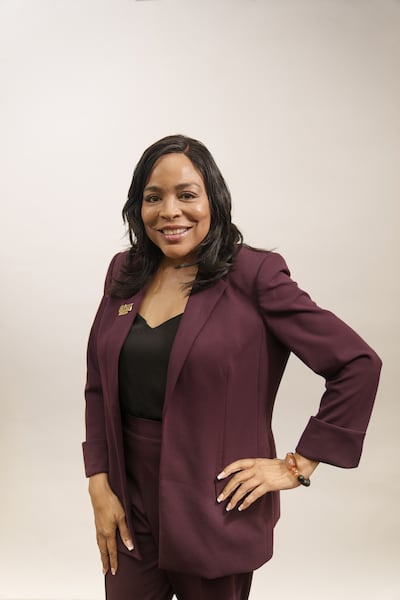
Why she might win: Like Avalos, Smith represents District 1, which has historically had little voice in city politics. Like Novick and Ryan, she has elected experience, serving as a Multnomah County commissioner from 2011 to 2018. Smith says she’s “not actively seeking the position” and is “laser focused on getting the offices and constituent services for East Portland that were promised by the Charter back into the budget.”
Why she might not: Smith’s tenure was checkered when she served on the county board; a former staffer alleged Smith mistreated staff and used public dollars for personal business. Such allegations didn’t hurt Smith in the election, but they could give her colleagues pause.
